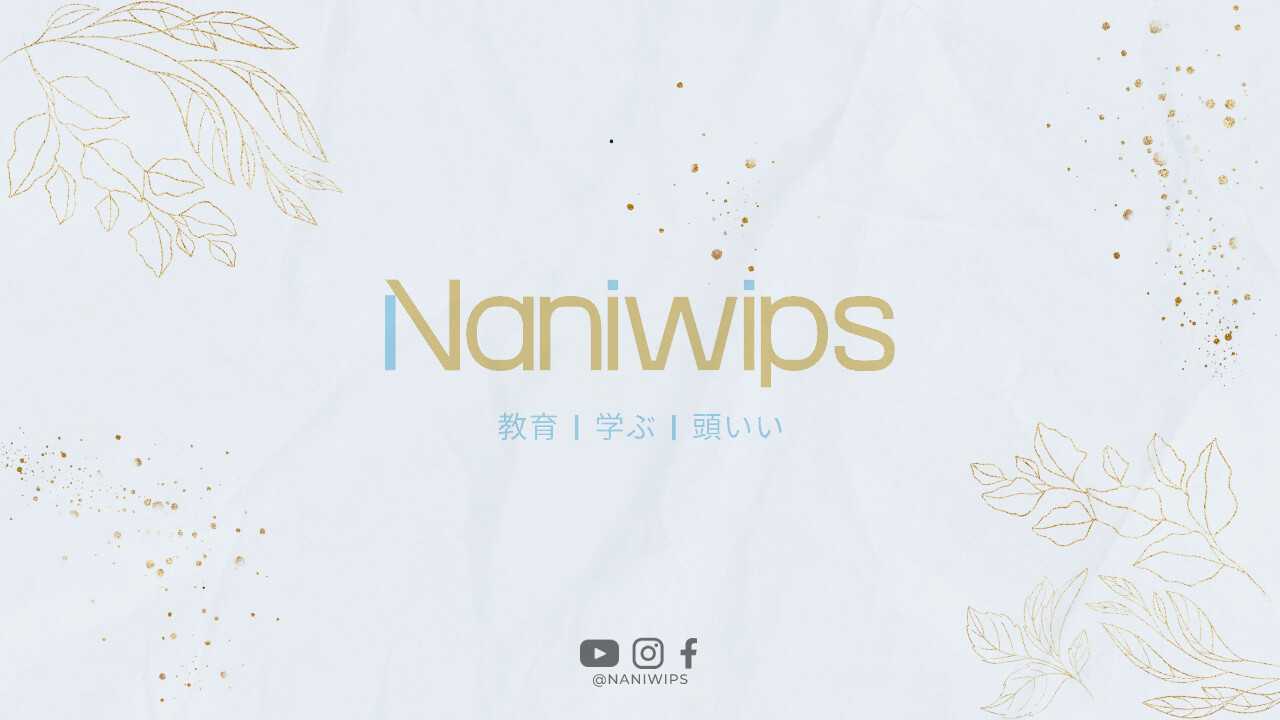同志大学 is a well-known university in Japan that is popular among students who identify as LGBTQ+. Its unique focus on diversity and inclusivity has set it apart from other universities in the country. However, many students are wondering about its 偏差値, or entrance exam score, and how it compares to other universities in Japan.
What is 偏差値?
偏差値 is a system used in Japan to measure a student’s academic ability. It is calculated based on the results of the national university entrance exams and ranges from 0 to 100. A score of 50 is considered average, and scores above or below this indicate a higher or lower academic ability, respectively.
What is 同志大学’s 偏差値?
As of 2021, 同志大学’s 偏差値 is 43. This is lower than the average 偏差値 of national universities in Japan, which is around 52. However, it is important to note that 同志大学 has a unique admission process that takes into account factors such as an applicant’s personal essay, extracurricular activities, and experience with LGBTQ+ issues.
Why is 同志大学’s 偏差値 lower?
There are several factors that may contribute to 同志大学’s lower 偏差値. One is the university’s focus on diversity and inclusivity, which may attract a wider range of students with different backgrounds and experiences. Additionally, the admission process at 同志大学 places less emphasis on test scores and more on other factors, which may result in a lower average 偏差値.
Is a lower 偏差値 a bad thing?
Not necessarily. A lower 偏差値 does not necessarily indicate a lower quality of education or a less rigorous curriculum. It simply means that the average academic ability of students admitted to 同志大学 may be slightly lower than that of students admitted to other national universities in Japan.
What are the benefits of attending 同志大学?
Attending 同志大学 has many benefits, particularly for students who identify as LGBTQ+. The university provides a supportive and inclusive environment where students can feel comfortable being themselves and expressing their identities. Additionally, the curriculum at 同志大学 is designed to promote diversity and social justice, which can be beneficial for students who are interested in pursuing careers in fields such as activism, social work, or education.
How can I improve my chances of getting into 同志大学?
If you are interested in attending 同志大学, there are several things you can do to improve your chances of being admitted. One is to focus on developing your personal essay and highlighting your experiences and perspectives related to LGBTQ+ issues. You should also participate in extracurricular activities that demonstrate your commitment to diversity and social justice, such as volunteering with LGBTQ+ organizations or participating in activism events. Finally, make sure to study hard and do your best on the national university entrance exams, as this will still be a factor in the admission process.
Conclusion
同志大学 may have a lower 偏差値 than other national universities in Japan, but this does not mean that it is any less of a reputable institution. Its unique focus on diversity and inclusivity has attracted many students who are looking for a supportive and inclusive learning environment. If you are considering attending 同志大学, make sure to focus on developing your personal essay, participating in extracurricular activities, and studying hard for the national university entrance exams.



